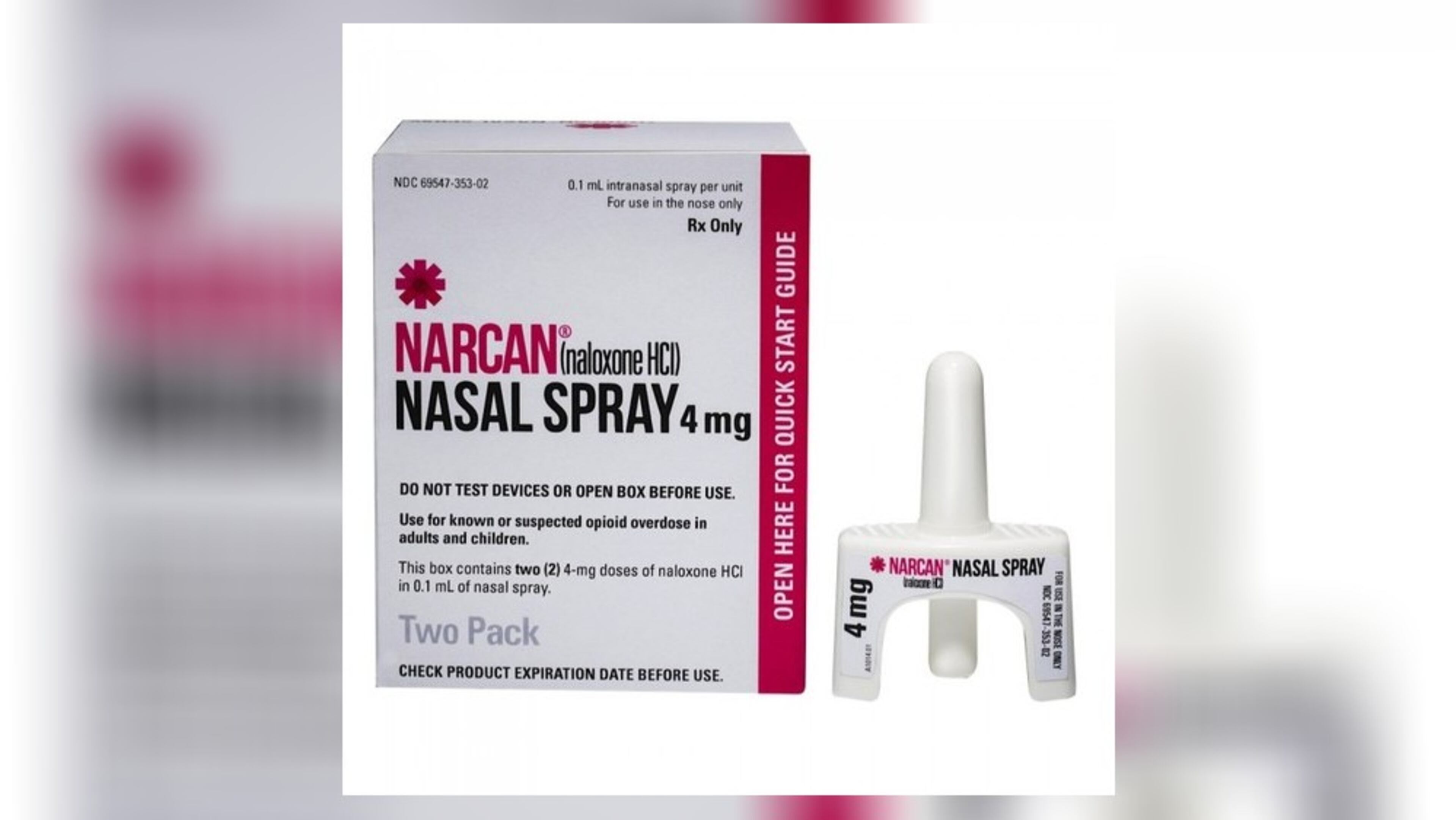Doraville cops can now use Narcan when responding to opioid overdoses

Doraville police officers are now equipped with a life-saving medication used to help overdose victims when they arrive on scene.
The department pulled from its asset forfeiture account — funds created using money seized from drug deals — to pay the $2,700 price tag for the Narcan nasal spray, Doraville police Officer Gene Callaway told The Atlanta Journal-Constitution. Officers were given the medication Sept. 12.
So far, Callaway said the department hasn’t had to use the nasal spray.
RELATED| DeKalb County to get additional Narcan kits for responders
CRIME| Ex-DeKalb cop arrested, faked being an officer in Gwinnett, police say
ALSO | As opioid deaths rise, metro Atlanta searches for solutions

“With the overdoses in the news, it’s been on our radar for a little while,” Callaway said.
The investment is critical since officers are typically the first to arrive at an overdose scene, Callaway said. Before, police would have to wait for paramedics to arrive and administer the Narcan.
While the department does not keep track of the number of overdoses it responds to, supervisors estimated city officers have responded to less than 10 such incidents this year. Police are not sure how many of those overdoses resulted in a death. Last year, DeKalb County had 49 overdose-related deaths, up from 46 in 2016, according to the Georgia Department of Public Health.
Drug overdose deaths rose in Georgia from 1,270 in 2016 to 1,754 in 2017, according to the U.S. Centers for Disease Control and Prevention via Pew Charitable Trusts.
While the addition of Narcan is valuable to the department, Doraville police Chief John King said “this is a tool we hope and pray we will never have to use.”
“Our concern is the preservation of life,” he said in a statement, “and we are prepared when the tragedy happens.”
In other news:


